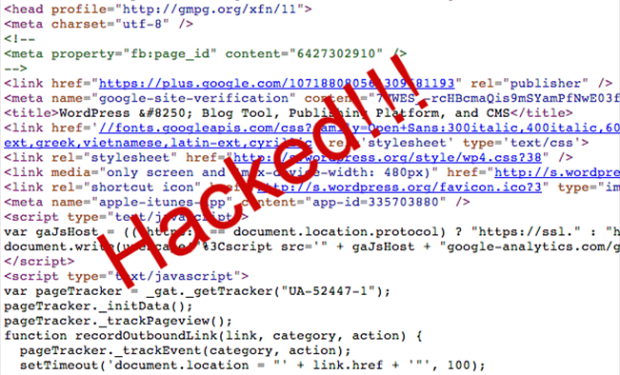Computer Attacks from Home and Abroad Create Concerns for Businesses
“Hacking” is a drain on the United States’ economy in large part because of how much we value intellectual property. This value is not always shared by our economic competitors.
Editor’s Note: This article is the first in a three-part series on legal issues surrounding computer hacking and cyberspying.
Students at MIT first coined the term “hacker” as a positive reference, referring to people who were able to push computer programs past what they were originally designed to do. However, hacking developed a negative connotation when people began using their expertise to steal information from the government and the general public. Today, the most common practice of hackers is altering a website in order to make a public statement. Additionally, the concept of intellectual property protection first developed out of the utilitarian notion that protection against the theft of one’s creative works encourages investment in innovation.1 Intellectual property creates confidence that one’s labor and resources will not be stolen or go to waste. Moreover, intellectual property lets the creator develop a property right over his creation that is superior to all others, including the state.
About $5 trillion is removed from the American economy each year due to stolen intellectual property.
BlackOps Partners, an organization devoted to advising large corporations on intellectual property protection, estimates that over $500 billion was covertly stolen from American companies last year. BlackOps Partners also estimates that about $5 trillion is removed from the American economy each year due to stolen intellectual property. Generally, “research” is best described as an investment in one’s future products. Research is conducted at a cost to the developer, but it is often understood that there is an expectation of profit in the long run. Because of this, trade secrets are especially important to small companies who often cannot afford to absorb the cost of research and development. Preventative measures are an added cost required to create certainty of access to proprietary materials. Over three-quarters of trade secret misappropriation cases contain theft from within the victim’s company, while the remaining percentage involves theft from outside sources. The Economic Espionage Act of 1996 was a step in the right direction to prohibit the misappropriation of trade secrets for the purpose of benefiting a foreign power, but it is becoming increasingly apparent that more can be done to prevent such theft.
As communism took hold in China, the combination of communist and Confucian teachings resulted in an ideology where commercial profit was scorned and development for the good of society was embraced.
On the other side of the world, Chinese culture has not historically protected the individual’s right to intellectual property, in part because of its Confucian background. As a result, imperial Chinese philosophy viewed society as an extended family, where the ruler, as head of the family, had absolute discretion as to what information should be disseminated to uphold social harmony. As communism took hold in China, the combination of communist and Confucian teachings resulted in an ideology where commercial profit was scorned and development for the good of society was embraced. It is no surprise that Chinese culture, developed largely in isolation from western society, consequently established a foundational view that knowledge is something that needs to be shared rather than protected. This vastly different approach is a major source of tension between the United States and China.





